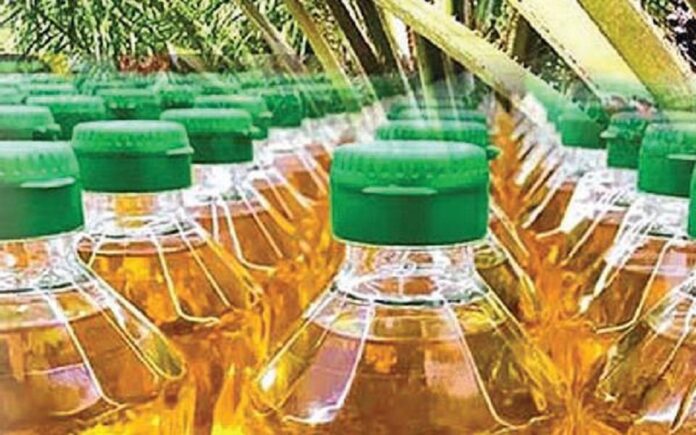The Palm Oil Industry Association of Sri Lanka (POIASL) has reiterated its demand for the government to lift the ban on oil palm cultivation, emphasizing its economic, environmental, and strategic advantages.
During its fifth Annual General Meeting (AGM), POIASL President Dr. Rohan Fernando criticized the ban as an “ill-conceived ad-hoc decision” lacking scientific evidence and rooted in personal agendas.
The ban, introduced in April 2021 under former President Gotabaya Rajapaksa, cited environmental concerns raised in a 2018 Central Environment Authority report. It called for phasing out cultivation within ten years.
However, concessions were later made to allow palm oil imports for essential industries like confectionery. Dr. Fernando argued that such inconsistent policies have adversely impacted the economy, as Sri Lanka continues to rely on costly edible oil imports despite the high efficiency and economic potential of oil palm. Globally, oil palm accounts for over 40% of vegetable oil demand, often hailed as the “golden crop.”
Dr. Fernando highlighted the potential of oil palm cultivation to generate employment in farming, processing, and distribution while reducing dependence on imports, thus conserving foreign exchange reserves.
He also urged collaboration with major palm oil-producing nations like Indonesia, Malaysia, and India. India, under Prime Minister Narendra Modi, is accelerating its oil palm cultivation program, targeting three million hectares by 2030.
Dr. Fernando noted that while neighboring India is expanding its plantations to achieve import substitution, Sri Lanka remains the only country to impose a complete ban, harming its economic interests.
Environmental Impact Studies conducted by POIASL indicate that expanding oil palm cultivation could have met 50% of Sri Lanka’s edible oil needs by 2025. In 2014, the government approved planting on 20,000 hectares to address rising demand, which now stands at 80,000 metric tons annually.
However, the ban disrupted this progress, forcing reliance on imports. Despite lower duties on imported coconut oil, the cost to Sri Lanka’s foreign exchange reserves remains significant.
Dr. Fernando stressed that oil palm’s productivity is nearly four times that of coconut oil, making it a more efficient solution for meeting domestic demand and enhancing foreign exchange earnings.
He expressed optimism about the new administration’s focus on food security, poverty alleviation, and economic growth, which could pave the way for revisiting the ban.
The AGM also discussed countering misconceptions about oil palm and strengthening the association’s advocacy efforts. Dr. Fernando remains hopeful that the government’s future decisions will align with lessons learned globally, especially from India’s approach to balancing demand and local production.
The POIASL concluded the AGM with a renewed commitment to pushing for policy changes and replanting initiatives, emphasizing that oil palm cultivation could be a strategic move to revive Sri Lanka’s struggling economy.
